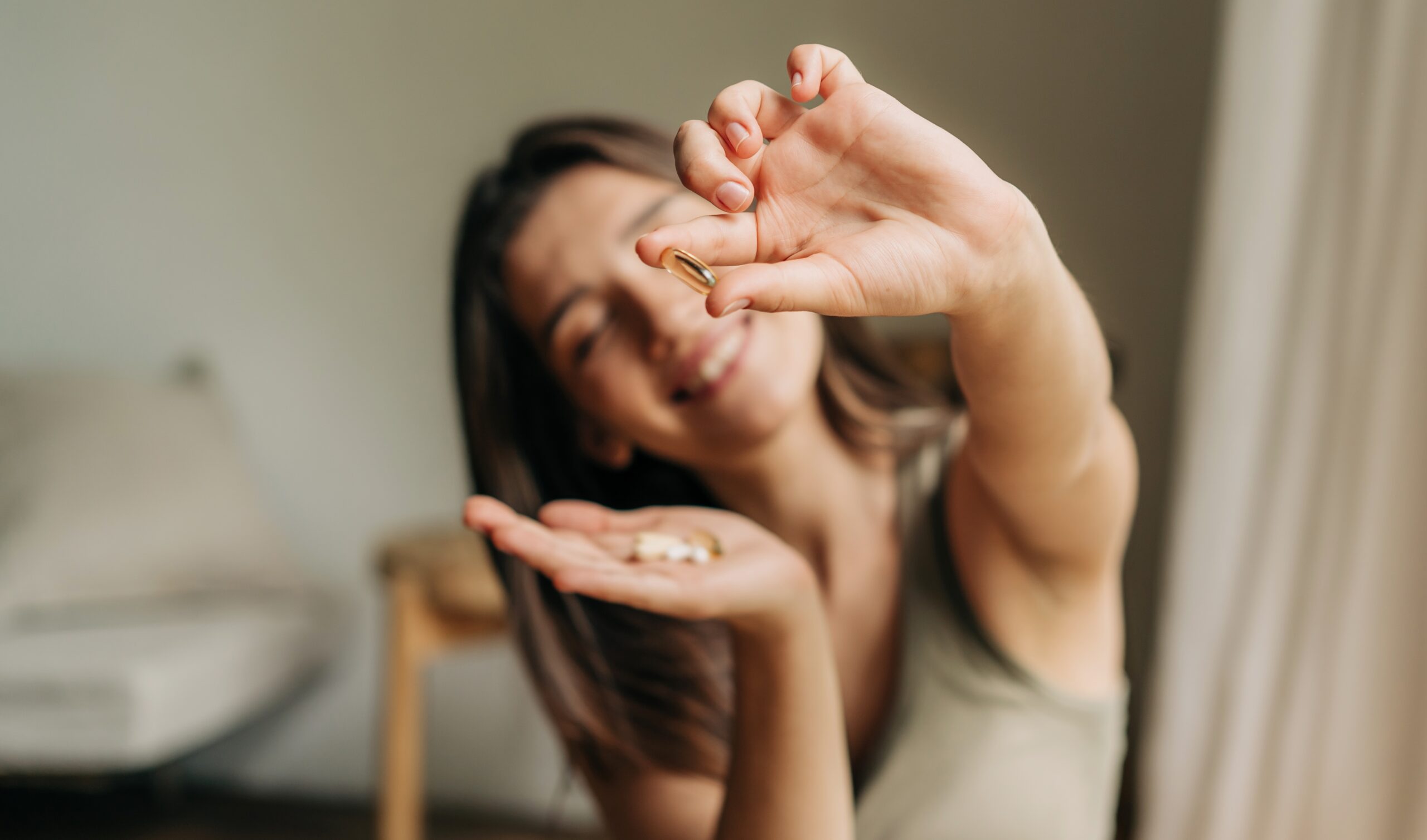Table of Contents

Here’s the sad news: you shouldn’t take your same multivitamin for your entire life.
That doesn’t mean you won’t be taking micronutrients – vitamins and minerals year after year if you want to be healthy. It does mean there are times in life when every woman needs certain essential vitamins and minerals. Those are the ones that should be taken simply because they are essential.
Women’s lives can appear to be complicated but if you know the principles behind the different life stages, you will find them easy to remember as you go through your life’s journey.
Women in Their 20s, 30s, and 40s
When you’re in your 20s, you’re coming into young adulthood. You may still be growing and maturing – filling in and getting more muscular if you were thin growing up. Or you may be on the opposite end of the spectrum, attempting to lose weight. Of course, many women are right in the middle of the spectrum with no weight challenges at all.
If you are too thin, you may have associated vitamin and mineral deficiencies and need a complete nutritional workup with a supplement plan. Those who are underweight are prone to B vitamin deficiencies, and deficiencies of vitamin D, magnesium, zinc, boron, calcium, iron, and more. These deficiencies affect your menstrual cycle, moods, personality, cognition, and productivity.
If you are overweight, you are not immune to deficiencies, and a nutritional workup would offer insight into your metabolism and even eating disorders. You may be low in nutrients that support the thyroid gland (vitamin E, B complex vitamins, manganese, iodine, selenium) or low in nutrients that are associated with eating too many processed foods and sugar (vitamin A, E, D, calcium, magnesium, zinc, copper, chromium, selenium).
What these three types of women have in common is they are all menstruating. And having your periods means you will need more iron than men your same age. You’ll need 18 mg per day to stay ahead of anemia. However, if you are pregnant, you’ll need 27 mg per day; if breastfeeding, 9 to 10 mg daily. Iron intake during pregnancy helps set the stage for your baby to have enough iron during the first few months of life. If you are vegetarian, you will need 1.8 times more iron daily because the iron from plant foods is not as bioavailable as that in meats, poultry, and seafood.
Here’s a list of other nutrients to focus on:
• 1,000 to 1,300 mg calcium a day. Getting enough calcium allows you to maintain good bone density throughout your lifetime. Calcium deposited in your bones during the early 20s is especially helpful because it is more easily laid down with the aid of estrogen.
• 400 to 800 mcg folate if you have the MTHFR polymorphism or the same amount of folic acid if you don’t. When you have enough of this B vitamin, then you prevent cleft, brain, and spinal cord abnormalities in babies.
• Methylcobalamin, 2.6 mcg if you are pregnant, 2.8 mcg if you are breastfeeding, and 2.4 mcg for everyone else. The methylated form is the correct form for those with the MTHFR polymorphisms but it is the most absorbable form and will not harm those who do not have this genetic anomaly. Getting the wrong form for your body could lead to depression.
• Omega 3 fats, 1,200-2,000 mg per day. This will also prime your body for a developing baby’s healthy brain in case you get pregnant.
In Your Menopausal Years (50s and 60s)
Since you won’t be menstruating during these years, you no longer need as much iron. You still need around 9 mg per day and it still is true that if you are eating a vegetarian or vegan diet, you will need 1.8 times more iron, or 16.2 mg. Low levels of iron will facilitate hair loss.
Here’s a list of some of the other essential elements you will need:
• 1200 mg calcium and enough vitamin D to maintain a blood level of around 50 ng/ml. Calcium should always be balanced with half as much magnesium and phosphorus, vitamin D, and vitamin K.
• 2.4 mcg Vitamin B12 to avoid absorption problems that may occur as you age
• More fluids, especially a good purified water, are also essential and a woman’s kidneys may become less efficient as women age. Women become more prone to urinary tract infections in their older years.
• 150 mcg iodine is usually recommended but this level may be far too low. Iodine is essential for healthy thyroid function as well as breast health. It also is great for cognitive health.
• Vitamin K plays a critical role in keeping bones healthy and healthy blood clotting. Taking vitamin D without vitamin K may cause deposits of calcium on bones. About 90 mcg/day is required.
• 100 mcg selenium may also be helpful to prevent breast cancer and to adequately maintain thyroid status.
Getting enough nutrients is something that really should be customized to your individual needs. This is only done by a specialist who utilizes lab tests to get your levels correct. But when they are correct, you could experience life on a whole new, upgraded level you never thought possible.
